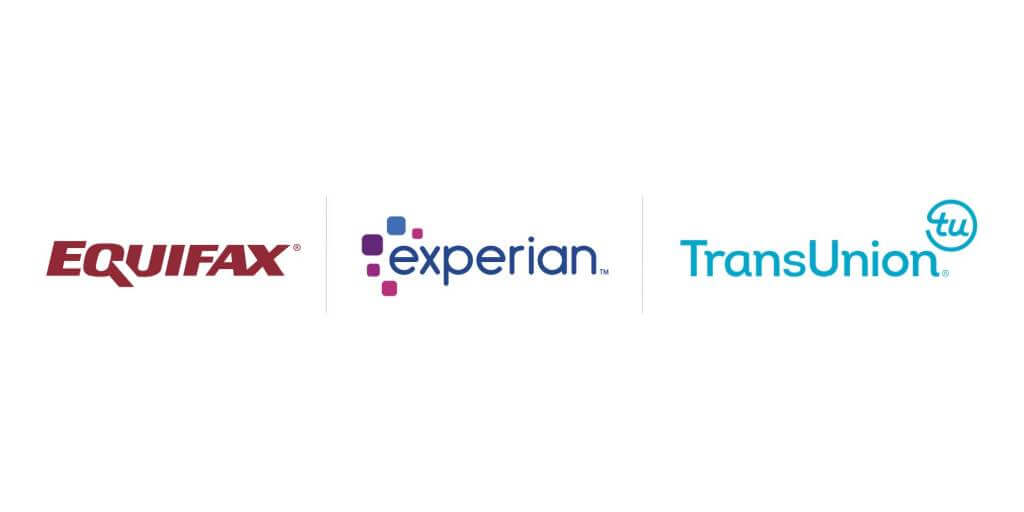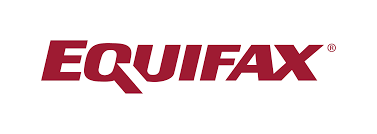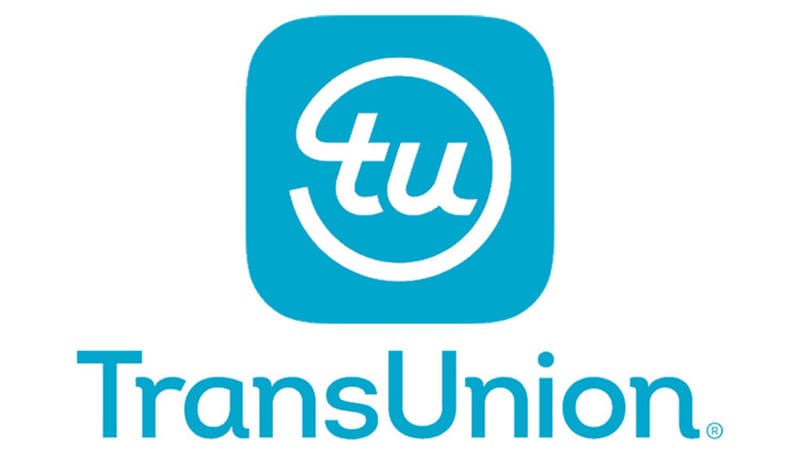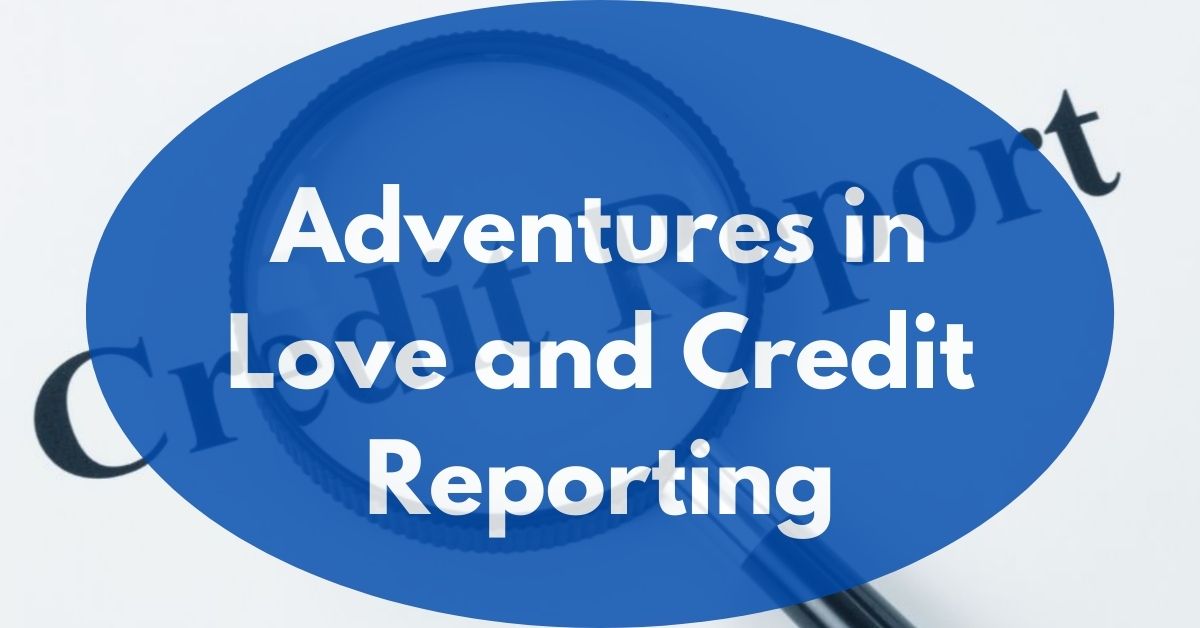You may be wondering from the title what’s love got to do with Credit Reporting. Well, you are not alone in this. But believe me when I say this, in a heightened financially conscious society, things like money gets into everything. In a recent article about dating in The New York Times, a recent study has found that new couples going on dates are increasingly talking about finances and monetary conditions of each other. The study also suggests people are talking about career options and academic possibilities for themselves. So, it’s clear that talking about love, romantic gestures, and writing love poems aren’t enough to hitch a ride for married life.
The discussion about credit scores might be uncomfortable, but it’s necessary to discuss if you’re taking out a mortgage, student loan, or business loan. It’s imperative to gauge each other’s financial standing before deciding. So discussing credit scores might not be unfounded. However, this can have good and bad consequences.
Credit scores may be a contentious point of discussion in one’s relationship, but it is not a deal-breaker in any way. However, it does show the heightened financial consciousness among couples. On the downside, credit reporting agencies don’t want bad publicity around them for affecting relationships.
Credit Score | Introduction, Reporting, and More
Credit reporting agencies compile the credit score, but what is it exactly? A credit score is a number with 3 digits, that signifies the risk the lender takes by lending the money to you. In a way, it judges how worthwhile you are to receive money and how likely you will return it within time, or, to be more technical, your creditworthiness. The higher the score, the lower your risk when a lender lends you money and vice versa. The minimum required credit score is 300, and the maximum score is 900. A score from 300 to 500 is considered a bad credit score. From 550- 600 and above is considered fair credit. A credit score of more than 700 is considered good, while it is considered excellent if it surpasses 800.

A credit report is a report of your credit history, or, in other words, a credit report that indicates the history of your borrowing money and repayment. A credit report is compiled by credit reporting agencies that have access to your loan spending and repayment information which is reported to them by your lenders. Such reports include your mortgage loans, student loans, credit card loans, payday loans, cash advance applications, business loans, and so on. There are numerous financial institutions that lend you money.
Bankruptcies, repossessions of security deposits, and foreclosures can also affect your credit score. A lender can refuse borrowers any loan based on their score and credibility but cannot discriminate based on race, color, ethnicity, nationality, and gender. If they do, it would be considered a violation of the fair credit reporting act.
A credit limit is the total or maximum amount of money you have loaned based on your credit score. It is specifically relevant in the case of credit cards. For example, if you have applied for your credit card, and your maximum fund available in the credit account is $2000, that fund is your credit limit or credit line. You must spend the money within your credit limit, as you can access only what is necessary.
Credit Reporting Agency
Credit reporting agencies are companies that compile a report based on the history of your borrowings, repayments, banking history, and a host of other factors into consideration and calculate a score. The country has three leading credit reporting agencies: Equifax, TransUnion, and Experian.
Equifax

Equifax Inc is a multinational credit reporting agency headquartered in Atlanta that compiles and reports credit scores. It keeps track of consumers’ loan lending, repayment status, frequency of on-time payments, bankruptcy, and other financial peaks and downfalls and renders them a score. Equifax is considered one of the largest credit analysis companies in the country, along with the other two, TransUnion and Experian.
Equifax’s areas of operations include collecting, compiling, and keeping track of the banking history of over 800 million consumers and over 88 million businesses. Equifax also reports demographic data, credit statistics, credit monitoring, and cyber security data to prevent fraudulent transactions without authorization. With 14,000 employees worldwide, Equifax has investments in 24 countries, including Europe and Asia Pacific.
One of the largest credit reporting agencies, it was founded by Guy and Cator Woolford in Atlanta, the capital city of Georgia, back in 1899 as a retail credit company. By the 1920s, the company had spread to almost all parts of the United States and Canada, monitoring credit scores and keeping tabs on business loans on millions of people in the United States and Canada.
By the 1960s, the company had already become massive. At that time, the main clients of Equifax were insurance companies, especially automotive and life insurance. One of the services that this company used to provide was insurance claims verification. Equifax investigated the claims to high-profile insurance, especially in the case of life insurance.
However, during the 1970s, the Retail Credit Company came under fire for collecting and withholding extremely private and irrelevant details that had nothing to do with a person’s finances. The details included facts and statistics about a person’s academics, like school grades, marital statuses like divorce, separation, childhood history, sex life, and medical history. The company also factored in sensitive details like medical history and information regarding learning disabilities.
The company also encouraged its employees to dig up dirt on their consumers. This led to numerous congressional hearings and led the passing of the Fair Credit Reporting Act. According to the law, the consumer will have the right over the information that the credit bureaus hold. Any information collected without their consent henceforth would be considered a violation of the fair credit reporting act.
Equifax expanded within North America and opened up business in the United Kingdom. The company came into competition with local brands like Dun & Bradstreet. The insurance reporting of the company phased out, giving way to another credit specialization consultancy called CLUE or Comprehensive Loss Underwriting Exchange. Throughout the early 2000s, Equifax went through a series of acquisitions. In 2006, Equifax acquired FNIS or Fidelity National Information Services. In 2010, Equifax acquired Anakam, which provided identity verification services. Then in 2011, it acquired a business intelligence company called eThority, headquartered in Charleston.
As one of the global credit reporting companies, Equifax has infiltrated multiple industries and contributed to the economy by providing accurate credit reporting to companies dealing with auto loans, student loans, and insurance companies, including medical insurance companies, healthcare, fintech banks, cash advance apps, and other professional institutions.
Like many other companies of its times, Equifax has blended state-of-the-art technology with differentiated and analytical data gathering and compiling. It helps in the swift determination and calculation of one’s report. The company equates the report of financial data with financial inclusion.
Transunion

TransUnion is one of the credit reporting companies that collects, compiles, and aggregates banking and financial history. TransUnion manages files of over a billion individuals across over 30 countries. The company manages over 200 million people’s credit reports in the United States alone. Based out of Chicago, it has grossed over a billion dollars in revenue and over 64,000 employees. Transunion also provides fraud protection and completely encrypts consumers’ data and information.
Transunion is among the youngest among the top three credit reporting companies, founded in 1968. The company was founded as the holding company for the Union Tank Car Company. Union Tank Car was the descendant company of Standard Oil Company, initially owned by John D. Rockefeller. The company acquired the Credit bureau of Cook County. In 1981, the Marmon Group, based out of Chicago, acquired TransUnion. The acquisition was for $688 million.
After the series of other acquisitions by Goldman Sachs and Advent International, TransUnion started offering services in credit reporting for both businesses and consumers. Transunion innovated its model for scoring the credit health of companies to include trending data to better gauge the repayment frequency of a particular organization. This service is called Credit Vision, and it started in October 2013. Transunion also provides services for the landlord to test tenants’ credit scores and banking histories so that landowners can make timely decisions.
In September 2013, Transunion acquired a medical eligibility determination service called eScan Data System based out of Austin, Texas. The company’s digital infrastructure was incorporated into TransUnion’s core data system. The technology is still in use to track patient medical history and demographics. In November 2013, Transunion acquired a credit investigation company that uses customers to gauge lending risk.
As one of the biggest analytical credit reporting companies, Transunion offers trust in an environment where people transact with people they are not acquainted with. For over 50 years, TransUnion has been building trust as an agency, applying decades of data-driven analysis to identify consumer behavior. TransUnion has branched out in fraud detection and market-driven analysis. TransUnion’s impeccable data analysis enables trust and inclusion in the global contribution.
According to its official website, TransUnion increases economic opportunity by providing information to the organization so customers can possess what they want. Transunion’s data is personalized and relevant, so organizations trust this company over others. Transunion also allows you to monitor your credit score and banking history.
Experian

Experian is considered one of the “big three” credit reporting agencies in the United States that dominate the financial data analysis market and has managed the banking history of countless people. The company is based out of Dublin, Ireland, where figures suggest that Experian manages the credit history of over a billion people. The company deals with the data collection and aggregation of credit history. The company handles credit reports of over 200 million consumers and over 25 million businesses in the United States.
The company operates in 37 markets, including Brazil and the United Kingdom. Experian commands over 17,000 employees and boasts over 5 billion dollars in revenue. In addition to its credit services, Experian studies customer behavioral data and sells the outcome to different companies. At the same time, it protects the customer from identity theft and fraudulent data misuse.
Experian’s mission is to create opportunities for ordinary customers to increase their purchasing power. You will need access to loans for your car, college degree, or business. But the banks and lenders must access your banking history and credit score. None other than Experian will help to assess and evaluate your credit score correctly. Experian also provides innovative education and business decisions for you to take to access better credit or guidance in relevant fields.
Experian originated as Credit Data Corporation and then was TRW incorporated, a multinational company with businesses in automobile and aerospace. In 1968 the company was renamed TRW information and Technology. In 1996, TRW sold Experian to Bain Capital and Thomas H. Lee Partners, who jointly owned the company. Throughout the early part of the 21st century, Experian went through a rapid succession of acquisitions, including a merger of its stock identity at the London Stock Exchange.
In the United States, like other credit reporting companies, Experian is under the jurisdiction of the Fair Credit Reporting Act. Under this regulation, the company will have to protect customer data; otherwise, it will be considered a violation of the fair credit reporting act.
Fair Credit Reporting Act
Fair Credit Reporting Act is a regulatory rule controlling the credit and financial markets so that credit bureaus don’t misuse the personal and sensitive information of the consumers and have to seek permission from the consumer of what kind of data is being collected from them. This federal law promotes data privacy and encourages better data evaluation by these credit reporting agencies. Under the fair credit reporting act, companies cannot force consumers to disclose information that is not relevant and is not comfortable to share.
In collaboration with the Fair Debt Collection Act which is an act that prevents predatory lending and abusive lending practices, FCRA and FDCA form the pillar and foundation of consumer rights in the United States. The Act was passed in 1970 by the United States Congress, which the Federal Trade Commission enforces.
History
In the United States, there wasn’t a standardized and uniform evaluation of credit scores. During that time, a character certificate of the borrower was necessary. The character certificates are used arbitrarily with multiple personal facts and anecdotes that had to be divulged by the borrower to get a loan. The character certificate also includes information about someone’s married life, academics, personality, reputation, criminal history, habits, and health-related information.
The system was arbitrary and could be misused by many. Multiple companies used their employees to dig up dirt about consumers’ lives and factor them into the character certificate. This created a system that could always discriminate against genders, races, colors, religions, and other vulnerable identity groups. The system was particularly discriminatory for black and brown Americans undergoing Jim Crow Laws and segregation, who refused loans far more often than their white counterparts.
The Fair Credit Reporting Act would be enacted as an amendment to the Federal Deposit Insurance Act. Primarily, the act’s main objective was to establish data privacy. Any misuse of the data or forcing consumers to divulge data that they don’t want was considered a violation of the fair credit reporting act. This law was one of the first data privacy laws in the age of information and modern democracy as a whole.
The Fair Credit Reporting Act supervises:
- Credit reporting companies
- Consumer report users
- Consumer Report Furnishers
These laws are essential for protecting consumer rights, which, in turn, boosts the economy. This particularly applies to fintech, where fintech for financial inclusion the path forward for Colombia is wide open which requires minimization.
Credit Score | Background
From taking student loans to taking mortgages for your new house, credit score has entered people’s lives and formed a crucial metric toward poverty upliftment. Credit scores are deeply interconnected with financial technology with online banking without the need for physical banking branches. For instance, it serves as a cautionary tale to India’s financial inclusion push. But it was only sometimes the case. Standardized methods of credit scores and credit calculations only came to be in the 1950s.
The system was devised to remove character-driven credit certificates to prevent discrimination and arbitrary doling out loans. The system also made it efficient for tenants and lenders to choose who to dole out loans. The credit score has extended use in terms of general life insurance and auto insurance.
Credit score derives their legitimacy from the credit report gathered by credit reporting companies that are then compiled, analyzed, and rendered a number to signify the likelihood of you fulfilling your lending obligations. The score sends the message to your lender of how much risk they take when they hand you their money. These companies are called bureaus; three main credit bureaus dominate the credit markets. These include Equifax, TransUnion, and Experian.
Hence, all of these firms are under the regulatory jurisdiction of the CFPB or Consumer Financial Protection Bureau. The credit report includes every detail about your banking history regarding your previous borrowings. This included anything from how much you have borrowed and from whom, how you have made your repayments, how debts you have repaid on time, and how you have consolidated your debt.
Unfortunately, the methodology of credit measuring is kept under wraps from the common eye. Even researchers or government institutions have no access to it. It is that opaque. Regardless, one of the reasons could be that each credit reporting agency has its interpretation and methodology for analyzing data. This creates miscommunication, and each bank, insurance company, or other financial institution trusts one credit bureau. Fair Credit Reporting Act may help mitigate this problem.
Fair Credit Reporting Act is a regulatory rule controlling the credit and financial markets so that credit bureaus don’t misuse the personal and sensitive information of the consumers and have to seek permission from the consumer of what kind of data is being collected from them. Fair Isaac and Company or FICO and Vantage Score are two leading firms in the credit scoring market. Fair Isaac and Company was established in 1956 by Mathematician Earl Judson Isaac and engineer William R Fair. After conceiving the idea for a credit calculator firm, they pitched it to their 30 firms.
Methodology
Credit score has become extremely important. Maintaining a credit score worthy of getting a loan is essential to get loans at affordable interest rates. They are also crucial for getting a car, student, or mortgage loan. However, the methodology for calculating credit scores is opaque and kept away from the public eye. Americans can get their credit score once every year in exchange for money, but they also do not have that absolute right to know their credit score. This is a problem even in developing countries and emerging markets. Credit score has become extremely important. For instance, Myanmar Payment Union is Myanmar’s first e-commerce platform that requires credit scores to approve loans.
Credit score access is necessary for getting business which boosts the economy and helps in upward mobility. Access to free credit scores also enables financial inclusion. For example, Tanzania launches a national financial inclusion framework, which includes consumer protection and access to free credit scores. Due to a lack of online banking and no access to credit scores, financial inclusion in Nigeria lagged behind its developing counterpart. So, we need to understand how these credit reporting agencies calculate your credit score. Here’s what we have found.
- The credit scores shown by many credit bureaus differ from those used by lenders to dole out loans. Only the score calculated by Fair, Isaac, and Company, or what, in laypeople’s terms, called FICO scores, are the only scores that matter.
- Some credit reporting companies often charge for credit reports that are supposed to be free. According to a study, four out of five services charge a fee for wanting to view the credit report.
- All credit reporting applications collect data from their customers without their permission. This is sometimes considered a fair credit reporting act violation, but these companies find legal loopholes. Especially companies like TransUnion collect data for advertising companies.
- All this information goes to the advertisers, who then used to promote targeted ads to the consumer, which is only sometimes in their best interest.
Frequently Asked Questions (FAQs)
Q1. What is credit reporting?
Credit reporting is the collection, compilation, and analysis of someone’s borrowings, repayment, and banking history to give the lenders a better idea of whether they should approve the loan. Multiple industries use credit reporting, including insurance, car, and student loans.
Q2. How can I see all 3 of my credit scores for free?
Getting to know your credit scores may take a lot of work. However, there are websites like freescoresonline.com that can help you get all three credit scores.
Q3. Which credit bureau is most accurate?
All three major credit reporting agencies judge reporting on a different basis. But all three credit bureaus are accurate.
Conclusion
Recent studies have shown that couples engage in financial discussions more than before. In an increasingly financially conscious society, credit scores are increasingly becoming important for people worldwide. Especially, with applications like the BIM money platform in Peru, which help in maintaining a cohesive and organized financial account. Maintaining a credit score has become crucial for maintaining living standards and upward mobility.
Lawmakers worldwide are passing policies that strengthen consumer protection, protecting ordinary people from predatory lending practices. However, only some things have to revolve around credit scores. There are numerous tales of credit underwriting or misreporting by credit agencies. Credit scores are only available for some, too. But consumer protection laws are coming up and making credit scores available for all.
Author Profile

- Jonas Taylor is a financial expert and experienced writer with a focus on finance news, accounting software, and related topics. He has a talent for explaining complex financial concepts in an accessible way and has published high-quality content in various publications. He is dedicated to delivering valuable information to readers, staying up-to-date with financial news and trends, and sharing his expertise with others.
Latest entries
 BlogOctober 30, 2023Exposing the Money Myth: Financing Real Estate Deals
BlogOctober 30, 2023Exposing the Money Myth: Financing Real Estate Deals BlogOctober 30, 2023Real Estate Success: Motivation
BlogOctober 30, 2023Real Estate Success: Motivation BlogOctober 28, 2023The Santa Claus Rally
BlogOctober 28, 2023The Santa Claus Rally BlogOctober 28, 2023Build Your Team – the Importance of Networking for Traders
BlogOctober 28, 2023Build Your Team – the Importance of Networking for Traders

